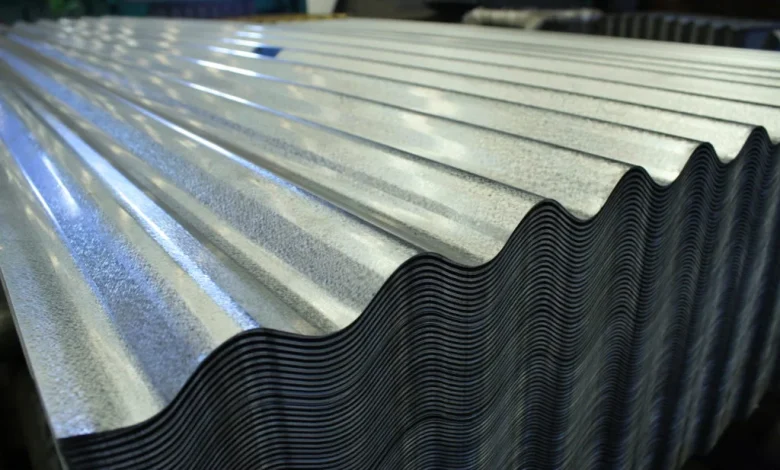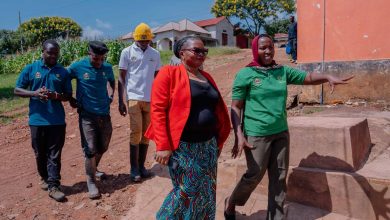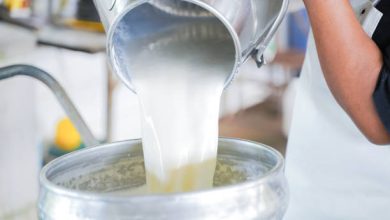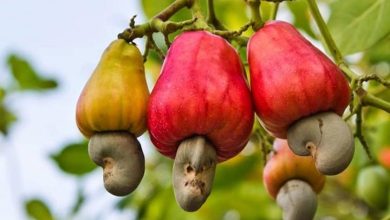Iron sheet output exceeds demand, exports loom

COAST REGION: TANZANIA has doubled its annual production of corrugated iron sheets, surpassing local demand and creating a surplus that positions the country to tap into the regional markets.
The country is currently producing double its yearly requirement, a development that signals the success of the government’s strategy to develop and strengthen local industries.
Minister for Industry and Trade, Dr Selemani Jafo, said last week during the opening of Kwala Industrial Park, Coast Region that the country’s national demand for corrugated iron sheets stands at 130,000 tonnes compared to output of 260,000 tonnes per year.
“This surplus is now available for export, positioning the country as a key player in the regional market,” Dr Jafo said.
He attributed the growth to the efforts of local companies such as Lodhia, King Lion and Alaf, which of recently have increased production capacity considerably. Dr Jafo said this achievement is part of the government’s wider vision to establish the country as an industrial leader in East and Central Africa.
He described the Kwala Industrial Park as a strategic project that will drive an economic revolution. The industrial park covers 2,500 acres and is valued at 3.0 billion US dollars.
It is designed to house more than 200 industries and is expected to boost the country’s industrial sector growth considerably.
ALSO READ: New Kibaha factory to boost iron sheet production
The milestone highlights the success of government policies aimed at reducing reliance on imports and increasing exports. Dr Jafo reiterated the government’s commitment to transforming the country into an industrial powerhouse capable of producing and exporting a wide range of products including corrugated iron sheets, glass, reinforcement bars and cement.
“Exports will be crucial for earning valuable foreign exchange,” he said.
On the Kwala Industrial Park, Dr Jafo said seven factories have been completed, with five more under construction since the project started in 2022. The completed factories have created 311 jobs, with an expected 2,000 direct jobs once all 12 factories are operational.
Earlier, the minister revealed that the park will soon host the largest waterproof materials factory in East and Central Africa, as well as a major solar panel manufacturing facility.
“These industries will create thousands of additional jobs for the youth and further cement Tanzania’s place as a regional industrial leader,” he said.
Strategically located near major transport corridors, including the Standard Gauge Railway (SGR) and the Morogoro Highway, the Kwala Industrial Park, alongside the Kwala Inland Dry Port is expected to position the country as a major logistics and manufacturing hub in East and Central Africa.





